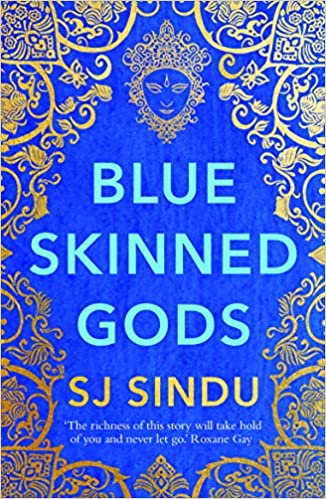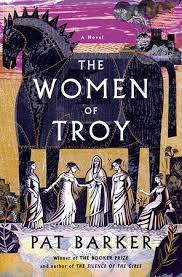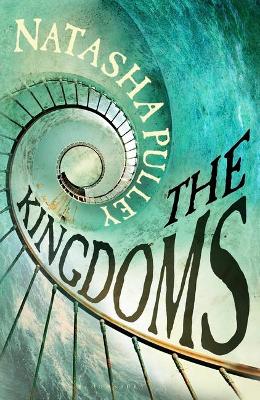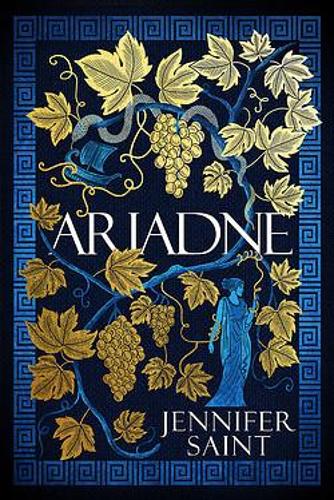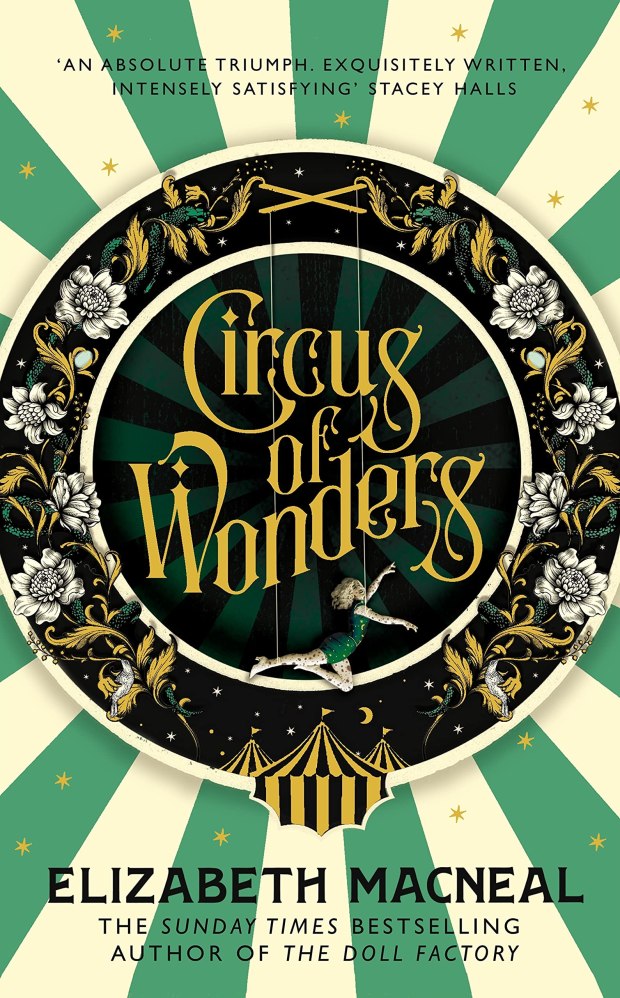Blue-Skinned Gods by SJ Sindu
In Tamil Nadu, India, a boy named Kalki is born with blue skin. He believes that he is the Hindu god Vishnu and that he can perform miracles. The truth, however, is much darker. As Kalki struggles to extract himself from under the thumb of his controlling father, he must also reconcile with the idea that everything he’s ever been told might not be true. When his father drags him on a tour to America, Kalki seizes his chance to explore what life as an ordinary man might be like.
I was really intrigued by the concept of this book – how one boy, brought up his entire life believing he is a god with incredible healing powers, has his entire world shaken when he starts to question everything he has been told. But unfortunately, the execution of the story didn’t live up to the premise.
The first half of the book is very slow. It details the story of Kalki’s everyday life in India, where everyone believes him to be a god and where he carries out healing rituals to help those in need. Then in the second half, when the action moves to America, the pace speeds up until it rushes very quickly to an unsatisfactory ending.
My main problem with this book is that I felt no connection to the characters. Something about the writing style created a distance between the reader and the characters – we are consistently told what characters are feeling, rather than being shown it, meaning that even when the big emotional scenes happen, it seems insincere.
A good concept, but lacking in emotional impact.
